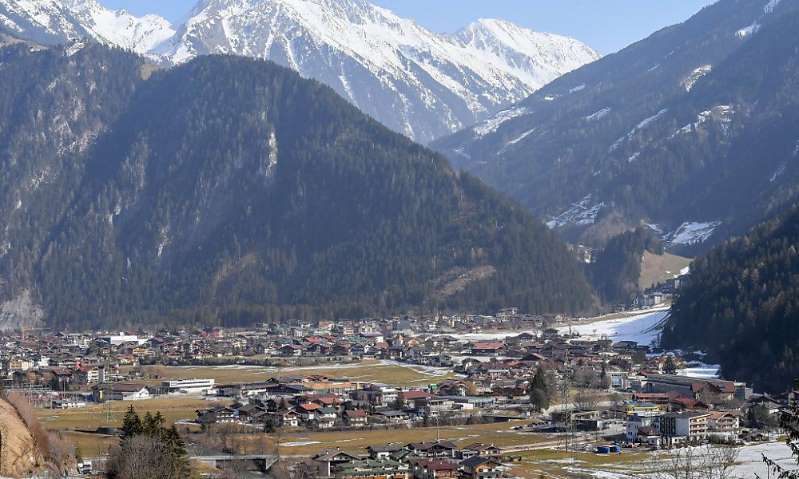Politics and science presented the scientific study on Wednesday that is supposed to accompany the vaccination coverage of the Schwaz district. Under the title “REDUCE”, it will be observed for six months how, among other things, the number of infections and the occurrence of the South African virus variant are changing. It was emphasized that participation in the study was voluntary and not linked to vaccination.

Image: APA
“After the vaccinees have received their first dose, they are asked whether they want to take part in the study,” said the head of the study and epidemiologist at the Innsbruck Medical University, Peter Willeit. Then they have to fill out a one-page questionnaire, which Willeit says can happen in the 15-minute waiting time after the vaccination, which is already planned, and a declaration of consent for the evaluation of their data – which is of course anonymized. In addition, participation in the study is not associated with any further effort for the test subjects, since in the event of a corona infection, the data is routed anyway, according to Willeit.
For the study “REDUCE” – which in full name is called “Effect of the BNT162b2 vaccination in the context of the Schwaz vaccination initiative for the incidence of SARS-CoV-2 infections” – at least 5,000 participants are required to receive meaningful results, he said Head of Studies. However, one reckons with significantly more participants. In addition to the questions of the number of infections and the reduction of the South Africa variant, it should also be clarified whether the vaccine can prevent severe forms of disease including hospitalization or admission to an intensive care unit.
Tyrol's governor Günther Platter (ÖVP) once again described the Schwaz district as a “European model region”. He praised the willingness of the Schwaz population to vaccinate, which is very high at 76 percent. At the same time, the governor emphasized that various measures had already made it possible to reduce the number of active South Africa cases by 75 percent in just three weeks.
Franz Allerberger from AGES, which is also involved in the study, spoke of a “real gift”. The scientific support is intended to answer the questions whether the vaccine from Biontech / Pfizer also helps against the South Africa variant and how much it helps. This will give results that cannot be generated in a laboratory, stressed Allerberger. The rector of the Med-Uni Innsbruck, Wolfgang Fleischhacker, hoped that the study would also provide impetus for further investigations. The study will cost around 400,000 euros and will be financed by the state, added Health Councilor Bernhard Tilg (ÖVP).
The vaccination campaign in the Schwaz district is due to start on Thursday. All those willing to be vaccinated should have received their first dose by Monday. 48,500 of the 64,000 eligible residents of the Schwaz district had registered for the vaccination. The special tranche of a total of 100,000 vaccine doses was made available by the EU because the South African virus mutation had spread increasingly in the Schwaz district. The vaccination campaign is scientifically supported by the Medical University of Innsbruck and the Agency for Health and Food Safety (AGES). The research group also includes Cornelia Lass-Flörl (Director Institute for Hygiene and Microbiology), Dorothee von Laer (Director Institute for Virology), Günter Weiss (Director University Clinic for Internal Medicine II), Herbert Tilg (Director University Clinic for Internal Medicine I) and Florian Krammer (virologist, New York).

